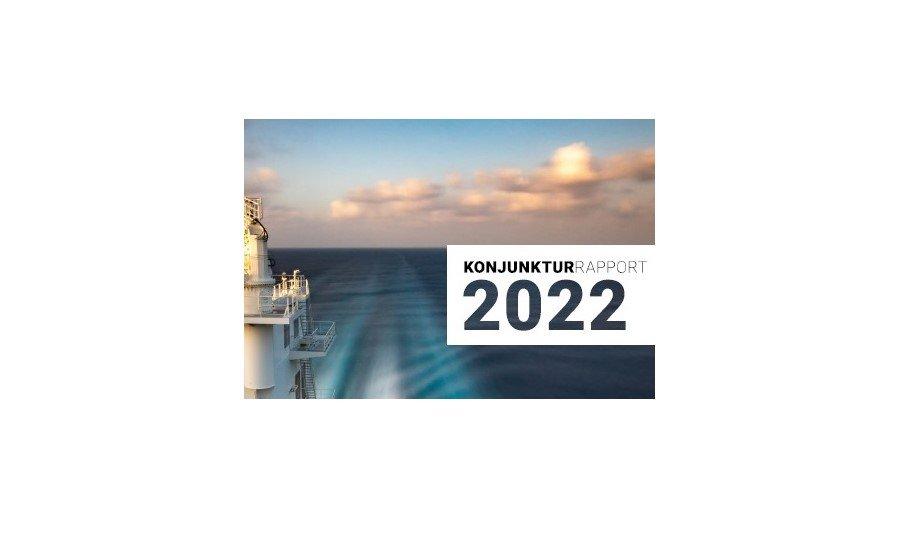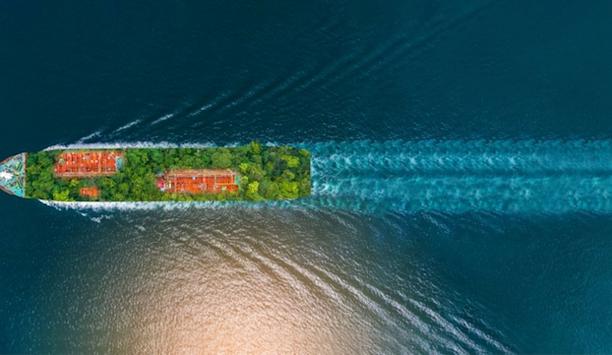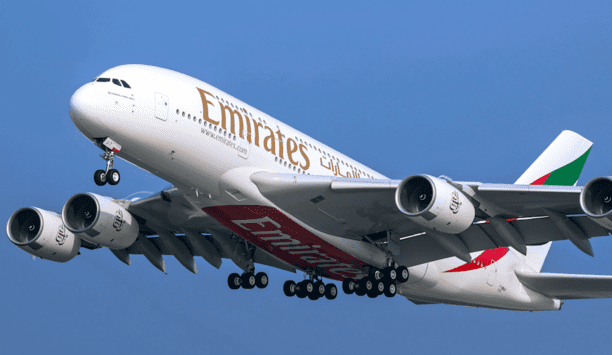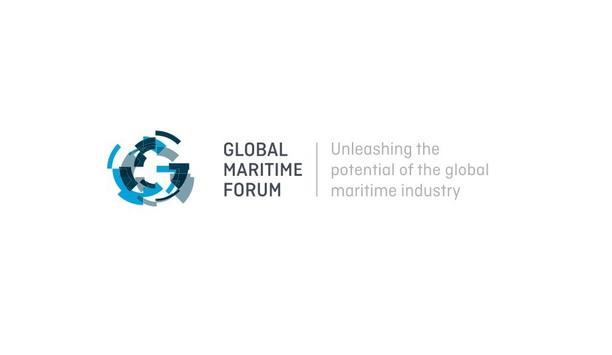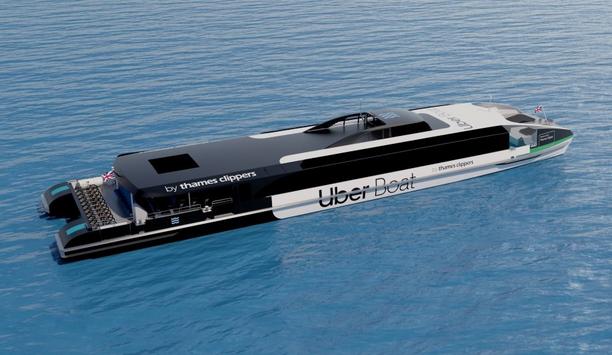The Norwegian Shipowners' Association's annual Outlook Report reveals that profitability in the industry is increasing, there are fewer ships in a layup, and Norwegian shipowners are planning investments in new green technology. But the pandemic and the war between Russia and Ukraine continue to create challenges for Norwegian shipping.
Shipping is an international industry, and Norwegian shipping companies are at any given time present on all the world's continents and oceans. This means that geopolitical unrest impacts the industry directly.
Impact of the pandemic
“The pandemic has hit the shipping industry hard. All shipowners experienced operational challenges in 2021 as a result of the pandemic,” says CEO Harald Solberg of the Norwegian Shipowners' Association.
The Outlook Report survey shows that shipowners increased their revenues overall in 2021, but a large gap separates the transport segment from offshore shipping companies. At the same time, there are several indications that the situation has improved:
- Fewer ships in a layup
- Improved profitability
- Somewhat improved access to capital
The survey shows that expectations for 2022 include further strengthening of profitability and access to capital.
Building more green ships
Nine out of ten shipowners report that they believe they will be climate neutral by 2050"
When access to capital and profitability improve, this also provides a basis for building new vessels with technology that reduces emissions. Shipowners are considering building 162 ships and eight rigs over the next five years.
“Nine out of ten say that they will equip ships with new technology that cuts emissions. Nine out of ten shipowners report that they believe they will be climate neutral by 2050. Shipowners are considering a wide range of solutions, such as green ammonia, methanol, wind-assisted propulsion, batteries, and the use of artificial intelligence to reduce ships' fuel consumption,” says Solberg.
Norway - a major shipping nation
The maritime industry is one of Norway's most important industries and is a significant contributor to value creation and employment in large parts of the country. Value creation for 2021 is estimated at NOK 154 billion, and the industry employs over 90,000 people.
Rogaland and Vestland have the highest number of maritime employees. These are also the municipalities with the greatest value creation. The two counties accounted for more than half of value creation in the maritime industry in 2020, which indicates that the industry is to a very high degree a rural industry. Companies offer high-competency jobs along the entire coastline, both at sea and on land.
Competitive framework conditions
A weakening of framework conditions for private capital will impact new green investments"
If Norway is to continue as a major shipping nation, stable framework conditions must be ensured. “Predictable and competitive framework conditions are important for the industry, and here the authorities play an important role."
"The survey makes clear that the net wage scheme for Norwegian seafarers should be strengthened and the tonnage tax scheme continued. A weakening of framework conditions for private capital will impact new green investments,” says Solberg.
Outlook report facts and figures
Norway is the world’s fifth-largest shipping nation
The total value of the world fleet in 2022 is estimated at USD 1.530 billion, of which the ten largest shipping nations control 70 percent. Norway is in fifth place. China, Japan, and Greece are by far the three largest nations, followed by Germany and Norway.
The Norwegian controlled foreign-going fleet
The Norwegian-controlled foreign-going fleet has in recent years experienced good growth in both the number of ships and tonnage but saw a decline throughout 2021. As of January 2022, the fleet numbered a total of 1,690 ships with a total tonnage of 46.9 million deadweight tonnes.
As of January 2022, the fleet numbered a total of 1,690 ships with a total tonnage of 46.9 million deadweight tonnes
At the same time last year, the fleet consisted of 1783 ships with 51.1 million deadweight tonnes. “During the year around 200 ships were sold, while 100 ships were added. The largest decline is seen in the offshore service segment. Here there are almost 50 fewer ships in 2022 than one year ago,” says Solberg.
The Norwegian flag is attractive
The Norwegian International Ship Register (NIS) has grown over the past year with an increase of 33 ships, numbering 724 ships as of 1 January 2022.
The Norwegian Ordinary Ship Register (NOR) has weakened somewhat among foreign shipowners in the same period, but in total the Norwegian flag has still made significant gains, growing by more than 100 ships over the last three years.
An international industry
Norwegian shipowners' revenue from markets outside Norway amounted to approximately NOK 130 billion in 2021. This is 60 percent of the total turnover in the industry for that year. In 2022, growth in foreign markets of NOK 10 billion is expected.
“It is crucial that the Norwegian authorities support international rule of law and multilateral governance systems at a time when globalisation is increasingly challenged by regional advances, national interests, and protectionist forces. More than half of shipowners report that they are negatively affected by global protectionism,” says Harald Solberg.
